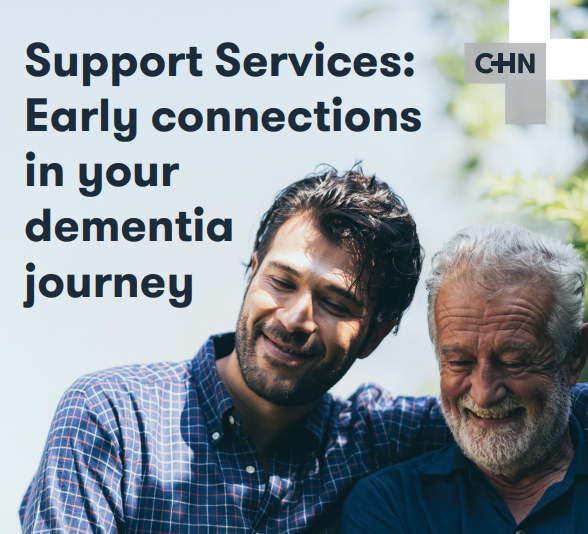The ACT and SNSW HealthPathways Program is a free online platform for primary health care professionals that provides condition-based assessment, management and referral information. The program is a unique cross-border partnership involving CHN, ACT Health, Southern NSW Local Health District and COORDINARE (South-Eastern NSW PHN).
a) Engagement with HealthPathways
Over the last year, the site has maintained the engagement levels achieved during COVID-19. The number of pageviews and users accessing the site has doubled over the last 3 years, in comparison to the previous 3 years. Peaks in engagement with the site continue to reflect changes within the health system environment.
HealthPathways infographic stats:
- 655 pathways featuring assessment management and referrals options
- Used by over 6,000 clinicians
- Had over 200,000 views
- 35 pathways were localised and 124 pathways were reviewed.
b) Supporting digital health initiatives
In the digital health space, the ACT & SNSW HealthPathways team supported the implementation of Canberra Script localising a pathway in July 2022 and promoting usageto HealthPathways users. The team also continued to see good engagement from HealthLink SmartForm users looking for more information on HealthPathways. 254 users accessed HealthPathways from the HealthLink SmartForm and they logged 2,625 pageviews.
c) Supporting best practice care for people at risk of poorer health outcomes
The team continued to prioritise supporting health professionals to provide the best possible care to people at risk of poorer health outcomes. Over the last year, the site library of clinical and patient information was improved, as well as the number of local service providers identified to First Nations and people from culturally and linguistically diverse (CALD) communities. The team also worked closely with local advocacy organisations to collate feedback to inform the pathways on the site. Feedback was received in areas of the health of people with variations of sex characteristics, dementia, advance care planning and carer’s health.
d) Responding to local needs
The program continued to respond to local needs and develop new clinical pathways as required. Over the last year, the program localised 19 clinical pathways in response to our local health environment identified priorities and clinical areas of need.
- Rapid localisations
The Mpox and Acute Rheumatic Fever pathways were rapidly localised in response to a number of cases near the region. - Identified Clinical Gap
The suite of genetics pathways was localised from a lead region collaboration with NSW HealthPathways teams. They were identified as a clinical gap on the site and feedback from advocacy stakeholders identified the role of GPs in supporting people living with these conditions: Rare and Undiagnosed Genetic Conditions, Familial Cancer Syndromes, Mitochondrial Disease, Huntington’s Disease, Myotonic Dystrophy, Down Syndrome and Cystic Fibrosis. - HealthPathways collaboration:
The Veterans’ Health pathways were localised as part of a national HealthPathways collaboration. PHNs and HealthPathways teams across Australia had the opportunity to localise 2 foundational pathways to support GPs in a consultation and to refer to local services. These collaborations are a great example of the growing relationship between the regional HealthPathways programs and the potential for future partnerships in priority areas. - High interest and regional priority
The following pathways were localised due to a high number of searches from users or a regional priority: Cirrhosis, Gastro-oesophageal Reflux Disease, Community-acquired Pneumonia, Stroke, Gout and pseudogout, Perinatal Mental Health, Driver Assessment of Patients with Dementia and Breast Pain (Mastalgia).
e) Dementia Pathway Project
Over the last year, the ACT & SNSW HealthPathways Program continued to implement activities under the Commonwealth-funded Dementia Pathway Project, alongside Dementia Australia and other PHNs across Australia, to support the early diagnosis of dementia and to help facilitate early connections in dementia care.
The 3 main activities completed were:
- creating 2 consumer services guides for carers and patients that map local care and support services that can support people living with dementia to make those early connections in their dementia journey.
- providing local clinical and referral information for health professionals in the ACT to be hosted on the ACT & SNSW HealthPathways site. Dementia and Cognitive Impairment and Driver Assessment of Patients with Dementia and Dementia Support Services and Cognitive Impairment Specialised Assessment.
- facilitating an educational opportunity for health professionals in the ACT to provide the best possible care support for people living with dementia, their carers, families and friends.
Consumer feedback about the CHN Dementia Consumer Service Guides:
“They are really good documents that hopefully make it into Doctors surgeries and hospitals.”
“Great to see a resource like this available”.

